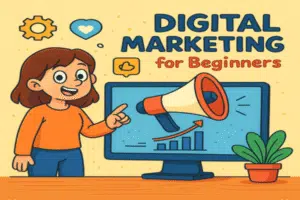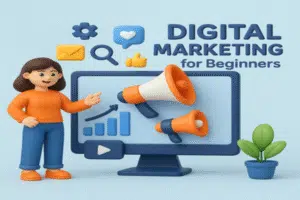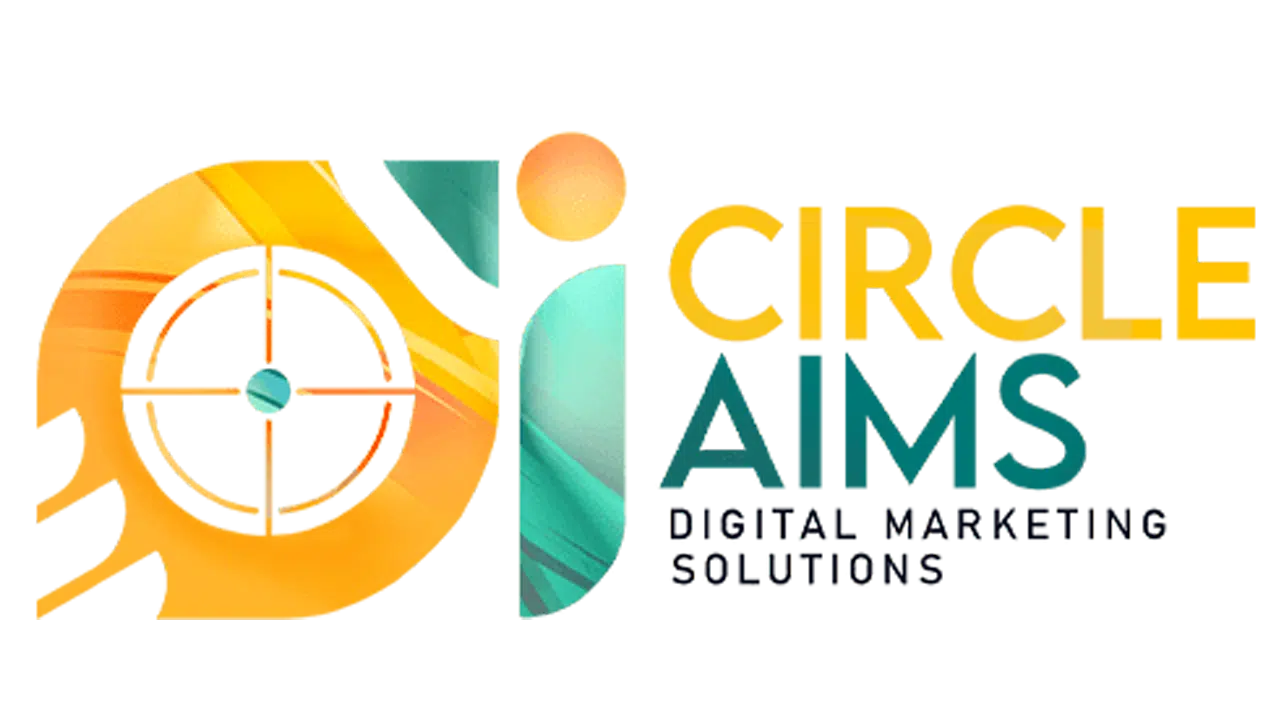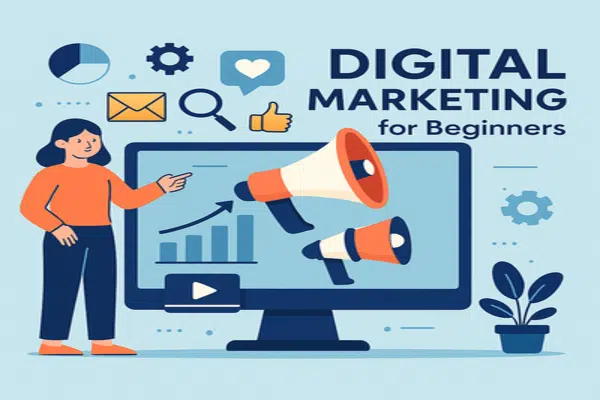Digital Marketing for Beginners
What is Digital Marketing?
Digital marketing refers to the use of digital channels to promote products or services and increase brand awareness.
This form of marketing is more effective than traditional methods because it enables businesses to reach a wider global audience with highly targeted capabilities. Unlike traditional marketing — which relies on mediums like television and newspapers — digital marketing offers unique features that make it the preferred choice for many businesses.
One of the key advantages of digital marketing is the ability to engage directly with customers, enhancing their experience and increasing loyalty.
Through digital platforms such as social media and email, companies can interact instantly with their audience, collect feedback, and adjust strategies based on real-time market demands. This type of engagement helps build long-term, strong relationships with customers.

In addition, digital marketing provides powerful tools for performance measurement and data analysis. Business owners can track campaign results accurately, helping them understand how customers interact with their offerings.
With the help of web analytics tools, it becomes easier to uncover purchasing behaviors, audience preferences, and campaign effectiveness — all of which improve future marketing efforts and return on investment (ROI).
Thanks to these advantages, digital marketing is now a core element in modern business strategies. It acts as a bridge between companies and customers, streamlining promotion efforts and boosting sales through efficient and innovative methods.
Basic Digital Marketing Strategies
There are several key strategies that beginners in digital marketing can adopt to succeed:
1. Social Media Marketing
Social media is one of the most effective ways to reach a wide audience. By creating promotional pages on platforms like Facebook, Instagram, and Twitter, businesses can interact directly with customers through engaging content. A good social media strategy includes diverse content, engaging topics, proper publishing times, and well-defined target audiences.
2. Email Marketing
Email marketing allows for personalized communication with potential customers. Start by collecting customer data through sign-up forms and interests. Email messages should reflect your brand values, be tailored to the recipient, and contain valuable content or exclusive offers to keep your audience engaged.
3. Search Engine Optimization (SEO)
SEO focuses on increasing a website’s visibility in search engine results through keyword optimization and relevant, high-quality content. A well-structured website and optimized user experience also play a crucial role in improving rankings.
4. Paid Advertising
Paid advertising allows businesses to reach larger audiences faster. Using tools like Google Ads or Facebook Ads, companies can target users based on interests, location, and behavior. Clear objectives and budget management are essential for a successful paid strategy.
Each strategy should be analyzed carefully to determine its suitability for specific business goals and target markets, contributing to the overall success of the digital marketing campaign.

Useful Digital Marketing Tools
Digital marketing tools are essential for any beginner looking to achieve measurable results:
1. Google Analytics
This tool provides detailed insights into website traffic and visitor behavior, helping beginners understand user interaction and identify high-performing pages. It aids in optimizing content and refining strategies based on real-time data.
2. MailChimp
A go-to tool for email marketing, MailChimp enables users to design engaging email campaigns, manage subscriber lists, and send tailored messages. It also provides analytics that help improve email open and click rates over time.
3. Hootsuite
Hootsuite is a robust social media management platform that allows marketers to schedule posts, monitor interactions, and track trends and competitors. It simplifies content planning and boosts campaign efficiency.
These tools collectively support a smoother marketing experience and help build a strong digital brand presence.
Steps to Get Started in Digital Marketing
For beginners eager to build a strong digital presence, here are the key steps to launching an effective digital marketing strategy:
1. Define Your Goals
Start by clearly identifying your marketing goals. Are you aiming to increase sales, build brand recognition, or raise awareness of a specific product? Set achievable objectives with realistic timelines.
2. Understand Your Audience
Determine who your ideal customers are — their age, interests, behaviors — to better target your efforts and create content that resonates with them.
3. Create Engaging Content
Your content should be diverse and value-driven, including articles, videos, infographics, and social media posts. Valuable content builds trust and encourages long-term audience engagement.
4. Measure Your Results
Use tools like Google Analytics and conversion tracking to evaluate how users interact with your content. Regular data analysis allows you to adjust strategies and improve campaign performance.
In addition to these steps, beginners should explore online marketing communities and resources to stay updated on the latest trends. By following these steps, you’ll start your digital marketing journey with confidence and clarity.








No comment